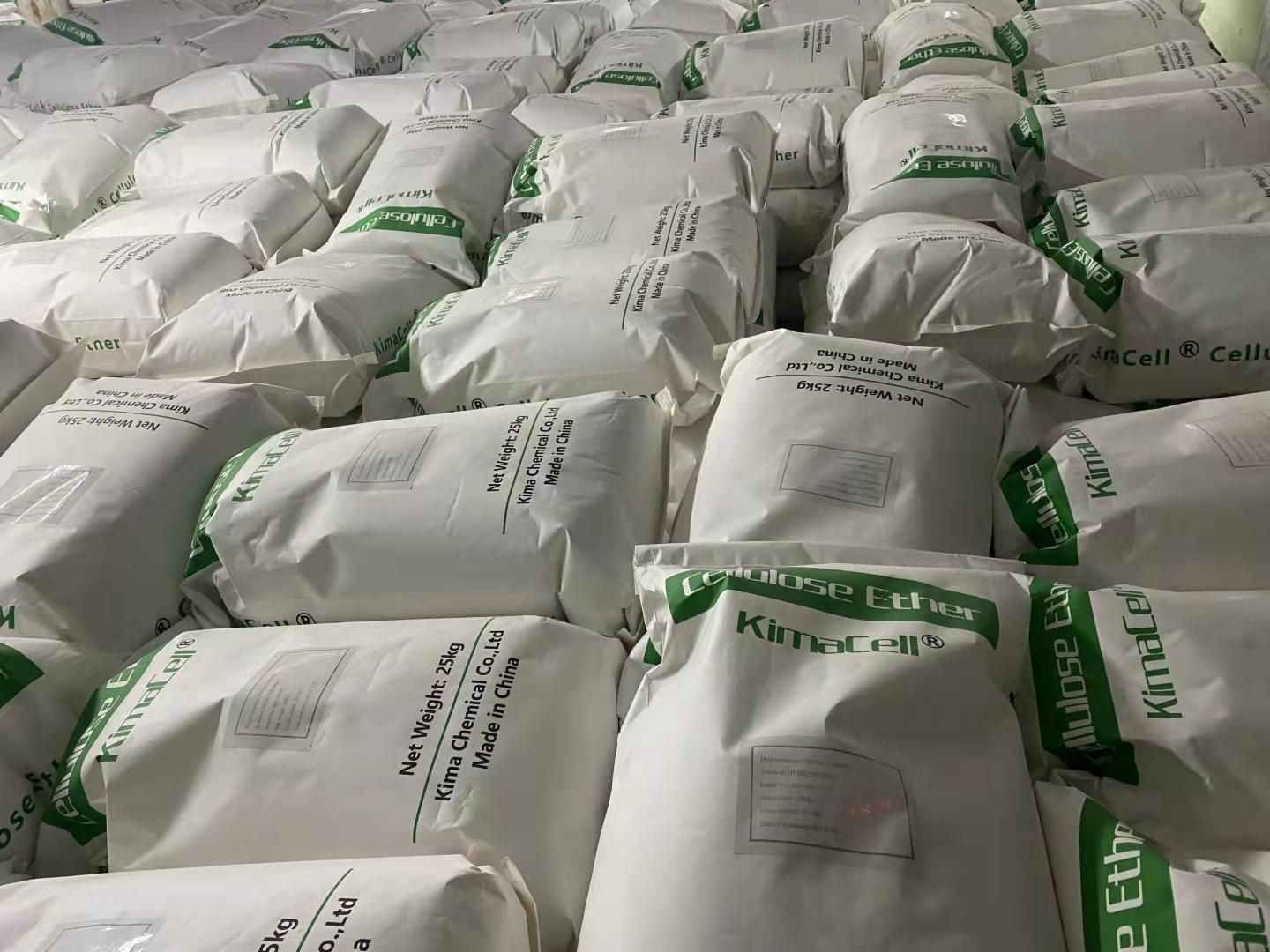Effect of cellulose ether on the performance of self-leveling mortar
Effect of cellulose ether on the performance of self-leveling mortar
Self-leveling mortar can rely on its own weight to form a flat, smooth and strong foundation on the substrate for laying or bonding other materials, and at the same time it can carry out large-scale and efficient construction. Therefore, high fluidity is a very significant aspect of self-leveling mortar. In addition, it must have certain water retention and bonding strength, no water segregation phenomenon, and have the characteristics of heat insulation and low temperature rise.
Generally, self-leveling mortar requires good fluidity, but the fluidity of the actual cement paste is usually only 10-12cm; cellulose ether is a main additive of ready-mixed mortar, although the addition amount is very low, it can significantly improve Mortar performance, it can improve the consistency, working performance, bonding performance and water retention performance of the mortar. It plays a very important role in the field of ready-mixed mortar.
1. Mobility
Cellulose ether has an important influence on the water retention, consistency and construction performance of self-leveling mortar. Especially as a self-leveling mortar, fluidity is one of the main indicators for evaluating self-leveling performance. Under the premise of ensuring the normal composition of the mortar, the fluidity of the mortar can be adjusted by changing the amount of cellulose ether. However, if the dosage is too high, the fluidity of the mortar will be reduced, so the dosage of cellulose ether should be controlled within a reasonable range.
2. Water retention
The water retention of mortar is an important index to measure the stability of the internal components of freshly mixed cement mortar. In order to fully carry out the hydration reaction of the gel material, a reasonable amount of cellulose ether can maintain the moisture in the mortar for a long time. Generally speaking, the water retention rate of slurry increases with the increase of cellulose ether content. The water retention effect of cellulose ether can prevent the substrate from absorbing too much water too quickly, and hinder the evaporation of water, so as to ensure that the slurry environment provides sufficient water for cement hydration. In addition, the viscosity of cellulose ether also has a great influence on the water retention of mortar. The higher the viscosity, the better the water retention. Generally, cellulose ether with a viscosity of 400mpa.s is mostly used in self-leveling mortar, which can improve the leveling performance of the mortar and increase the compactness of the mortar.
3. Setting time
Cellulose ether has a certain retarding effect on mortar. With the increase of the content of cellulose ether, the setting time of the mortar prolongs. The retarding effect of cellulose ether on cement paste mainly depends on the degree of substitution of the alkyl group, and has little to do with its molecular weight. The smaller the degree of alkyl substitution, the larger the hydroxyl content, and the more obvious the retarding effect. And the higher the content of cellulose ether, the more obvious the delaying effect of the complex film layer on the early hydration of cement, so the retarding effect is also more obvious.
4. Flexural strength and compressive strength
Usually, strength is one of the important evaluation indexes for the curing effect of cement-based cementitious materials on the mixture. When the content of cellulose ether increases, the compressive strength and flexural strength of mortar will decrease.
5. Bond strength
Cellulose ether has a great influence on the bonding performance of mortar. Cellulose ether forms a polymer film with a sealing effect between the cement hydration particles in the liquid phase system, which promotes more water in the polymer film outside the cement particles, which is conducive to the complete hydration of the cement, thus improving the The bond strength of the paste after hardening. At the same time, an appropriate amount of cellulose ether enhances the plasticity and flexibility of the mortar, reduces the rigidity of the transition zone between the mortar and the substrate interface, and reduces the sliding ability between the interfaces. To a certain extent, the bonding effect between the mortar and the substrate is enhanced. In addition, due to the presence of cellulose ether in the cement paste, a special interface transition zone and interface layer are formed between the mortar particles and the hydration product. This interface layer makes the interface transition zone more flexible and less rigid, so , so that the mortar has a strong bond strength.
